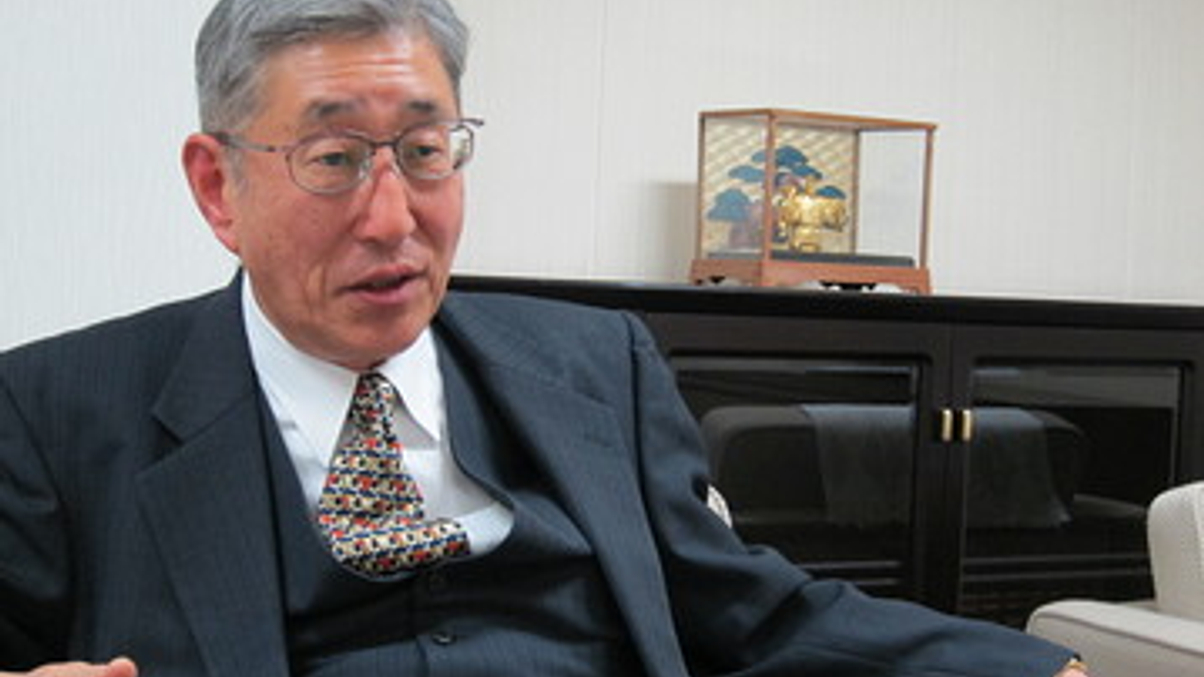GPIF names global bond managers, outlines strategy
Having raised active allocations in the past year, GPIF has moved to hire and fire managers in a new round of mandates and is enhancing internal controls and risk management.

Japan’s $1.2 trillion Government Pension Investment Fund (GPIF) has revealed its managers for new global fixed income mandates and issued guidance on expanded investment operations. It also confirmed it has signed up to the UN's principles for responsible investment (PRI).
Sign in to read on!
Registered users get 2 free articles in 30 days.
Subscribers have full unlimited access to AsianInvestor
Not signed up? New users get 2 free articles per month, plus a 7-day unlimited free trial.
¬ Haymarket Media Limited. All rights reserved.


